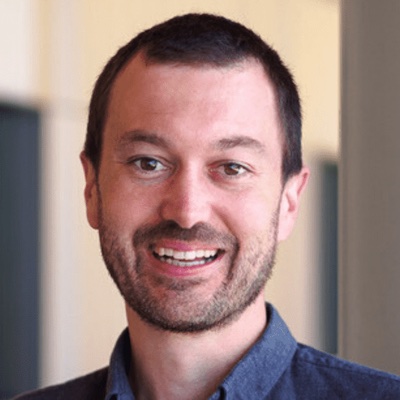Seminar Date: Tuesday, May 7, 2024
Time: 11:00 am
Location: Building 66 Auditorium & Zoom
Talk Title: Reconstitution of the Bacterial CO2 Concentrating Mechanism
Zoom recording (available for 30 days)

Abstract
Cells use structure to catalyze and facilitate the chemical reactions of metabolism. This principle is exemplified by the bacterial CO2 concentrating mechanism (CCM), a series of biochemical reactions that facilitate CO2 assimilation. An essential player in this process is the carboxysome, a ~100nm protein-based organelle composed of a shell that encapsulates the enzymes RuBisCO and carbon anhydrase. Despite knowledge of the overall structure of the carboxysome, little is known about the molecular interactions driving its self-assembly and function. Here, I describe our biochemical reconstitution efforts to elucidate a mechanistic picture of how the carboxysome assembles and functions in the cell. Relatedly, our lab is interested in developing a holistic picture of how carbon-assimilating physiology emerges from individual CCM activities. To this end, I will describe our efforts toward a cellular reconstitution of the bacterial CCM that serves as a ‘proof by synthesis’ to define activities necessary for efficient CO2 assimilation.
Bio:
David Savage is an Associate Professor of Biochemistry, Biophysics, and Structural Biology in the Department of Molecular & Cell Biology at the University of California, Berkeley. Dave was born and raised in rural Iowa. He continues to help manage his family’s farm, which was recognized in 2010 as an Iowa Heritage Farm. Dave attended Gustavus Adolphus College, where he earned a B.A. in Chemistry and minored in Computer Science. He received his Ph.D. in 2007 from UCSF for his work on membrane protein structure determination with Robert Stroud. From 2007 to 2011, Dave was a Life Sciences Research Foundation fellow with Pamela Silver in the Department of Systems Biology at Harvard Medical School.

